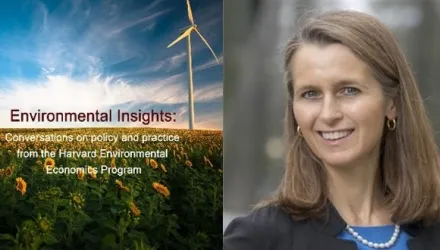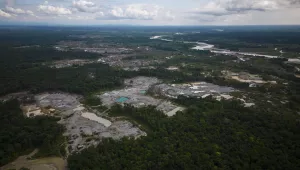
Introduction
Why methane matters
Sharply reducing anthropogenic methane emissions is one of the most critical strategies to achieve the Paris Agreement’s goal of limiting global warming to 2.0°C this century, and if possible no more than 1.5°C. Methane has a short atmospheric lifetime and very high global warming potential, compared with carbon dioxide (CO2).
More than half of global methane emissions derive from human activities: fossil fuels (35% of anthropogenic emissions), agriculture (40%), and waste (20%). Therefore, although the absolute quantities of human-caused methane emissions are much less than those of CO2, methane-emissions abatement can significantly reduce concentrations, temperature, and climate damages, particularly in the short term. This would give the world more time to “bend the curve” on CO2 emissions, conduct research on carbon removal, and, more generally, to implement longer-term strategies to mitigate and adapt to climate change. The concentration of methane in the atmosphere has nearly tripled from preindustrial levels. Data published in January 2022 show that methane concentration has now reached approximately 1,900 parts per billion, as compared to approximately 1,650 parts per billion in 1985. An uptick in global methane levels since 2007 has prompted concerns that global warming is creating a feedback loop, accelerating release from Arctic permafrost and other natural repositories of methane.
In recognition of the urgency of reducing methane emissions, several voluntary international multiparty agreements and initiatives have recently been concluded to accelerate collective action and establish formal mechanisms for monitoring the implementation of methane-related commitments. While these initiatives reflect ambition on the part of public, private, and civil society actors with regard to methane, the implementation of these initiatives presents challenges for governments, emitting sectors, and other parties.
Acknowledgement
The Harvard Project on Climate Agreements is grateful to the Enel Foundation and the Enel Endowment for Environmental Economics at Harvard University for generous support of a series of annual discussion papers on climate-change policy and related topics in energy policy, of which this paper is the tenth.
Author Affiliations
Adriana Melchor
Harvard Kennedy School
Robert Stavins
Harvard Kennedy School
Robert Stowe
Harvard Kennedy School
Melchor, Adriana, Robert N. Stavins and Robert C. Stowe. “International Cooperation to Reduce Methane Emissions.” November 2022






